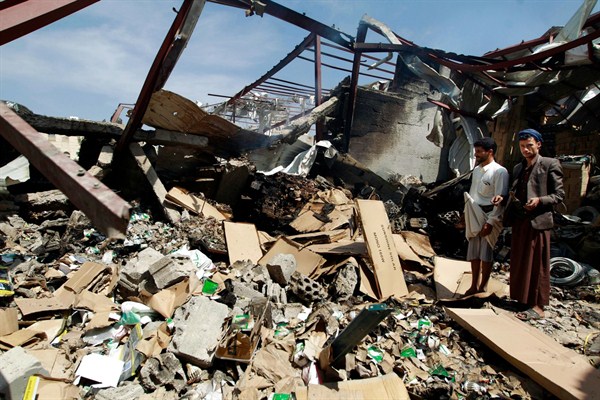Is it riskier to be an austere politician or a humane one? Since the global financial crisis broke in 2008, economic austerity has been the single biggest source of contention in global politics. Some leaders, like British Prime Minister David Cameron, have persuaded voters to accept big cuts to state spending. Others, such as outgoing Canadian Prime Minister Stephen Harper, have lost power to rivals that offered less painful fiscal alternatives.
Yet if politicians talk up “austerity” at their own peril, they may find that the “humane” label is becoming equally costly. In Europe in particular, governments are struggling with their commitments to universal values. The refugee crisis, in particular, is testing the continent’s generosity to its limits. German Chancellor Angela Merkel has effectively staked her leadership on assisting the hundreds of thousands reaching Europe from Syria, Afghanistan and other trouble spots. But what initially looked like a bold humanitarian gesture is backfiring, as Germans ask how it will affect them.
For the first time in a decade, there is serious talk of Merkel leaving office against her will. Meanwhile European leaders who have taken harsher lines against the refugees, such as Hungary’s perennially chauvinist premier, Viktor Orban, are reaping the benefits. Across the European Union, governments’ efforts to handle the refugees are complicated by anti-migrant feelings or outright racism. The British planned but as yet unscheduled referendum on continued membership in the union is likely to pivot on these issues. Overall, the EU’s reputation for its humanitarian principles has at best been tarnished, and at worst will collapse entirely as refugee numbers rise precipitously.

